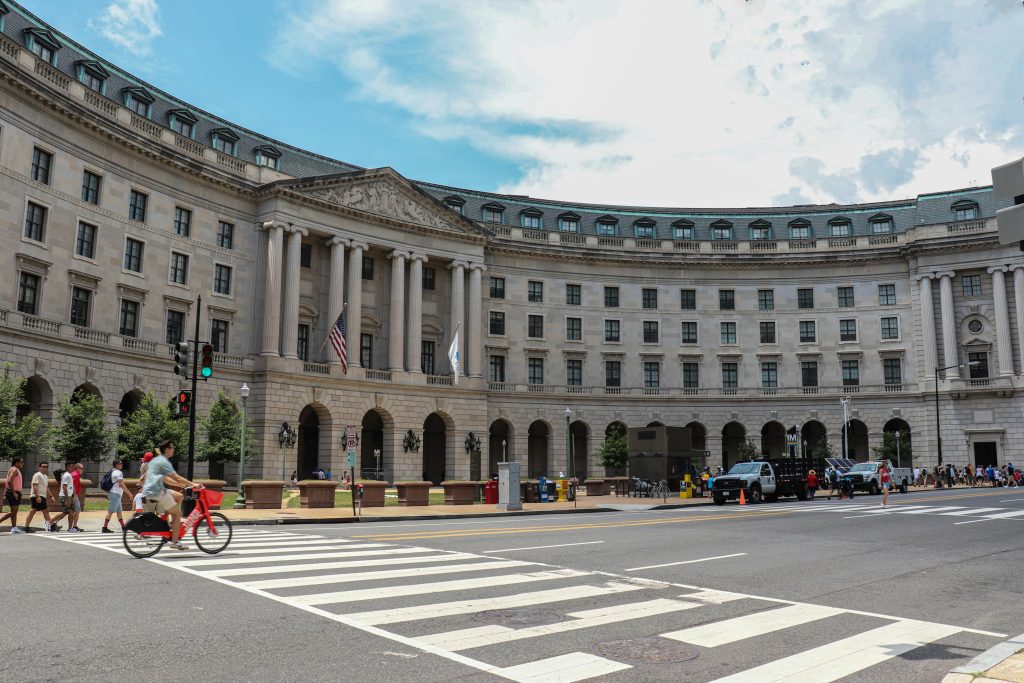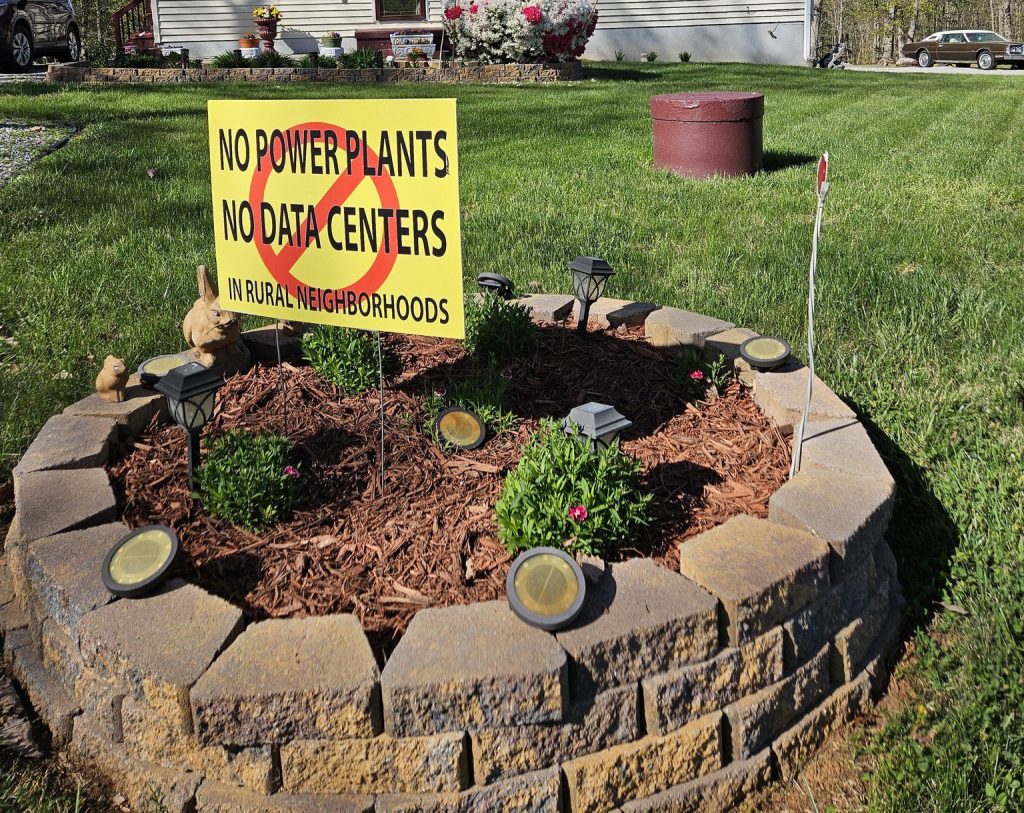Voices From the Mountains
On April 20th, sixteen of Kentucky’s best known authors went on a tour of mountaintop removal sites in their state. The tour, which included a flyover of the coalfields in a small plane, was coordinated by the non-profit organizations Kentuckians for the Commonwealth, Kentucky Riverkeepers and Appalshop. Following the tour, the 16 authors collaborated to issue the following statement:
Yesterday we witnessed appalling destruction to the land. The practice of mountaintop removal to extract coal is ravaging Eastern Kentucky, and its effects are headed your way. Mountaintop removal represents economic and cultural violence which eventually reaches the whole state. What we have seen has convinced us that mountaintop removal is a blight on the entire state that is robbing our people of a better future by destroying our most abundant resources and the very ones we will need for building a viable future economy. Streams and groundwater, scenic beauty, diverse forests and native plants are all being ruined forever by mountaintop removal.
During our two-day tour of mountaintop removal sites in Eastern Kentucky, we saw buried and polluted streams, great hickories and oaks tossed into useless piles, life-giving mountains turned into barren moonscapes, wasted topsoil and sunken homes, the lowering of a people’s quality of life, the increased severity and frequency of flooding, the lost jobs and lost hopes of an entire place. These are not isolated or occasional incidents. Instead, they are an assault on the people, culture and land of Appalachia.
We have met these people and heard their testimony. We learned of a one-mile section of road where four mothers grieve for their dead children, victims of speeding, overloaded coal trucks. Erica Urias spoke eloquently of bathing her baby in poisoned water. Clinton Henshoe, surrounded by strip mining’s noise and air pollution, referred to himself as ‘a prisoner in his own house.’
We realize that coal is an important part of our economy. However, coal can be mined in a more responsible way that respects the spirit of the land and its people. Out of greed, we have forsaken moral, aesthetic and spiritual values. We have traded the futures of our children and grandchildren for cheap coal. The impact of these practices is sweeping across the entire state faster and faster, through the spread of air and especially water pollution.
We are horrified that this practice is legal. We are angry that representatives in our own government are allowing this to happen. Mountaintop removal is not right; it is not acceptable, and it is an act we will fight. We call for the abolition of mountaintop removal and urge our fellow citizens to pressure elected officials in every way to stop this criminal desecration of our common wealth.
The following poem was submitted to the “Voices from he mountains” page by Kent Priestly of Asheville, NC.
Coming Back
Part way up the first ridge,
on a switchback hedged with laurel,
the snow comes on, an errant cloud
emptying itself.
A pair of woodpeckers,
great birds, bursts from the screen of trunks, laughs,
and falls from sight.
They are shrouded in movement,
lost in mania.
“Changed a lot,” people say of this place,
alert to their own sense of loss.
And true that earlier, before the snow,
I could see mountainsides
ochred by what they speak of.
I, too, am different, ten years on.
The snow lifts, sharpening the trees.
An argot – reassuring, tended by time –
returns with them:
Galax
Fraxinus
Castanea.
Related Articles
Latest News

Leave a comment
Your email address will not be published. Required fields are marked *




